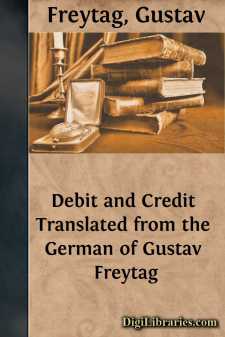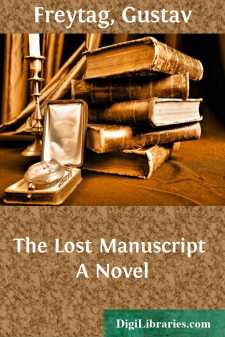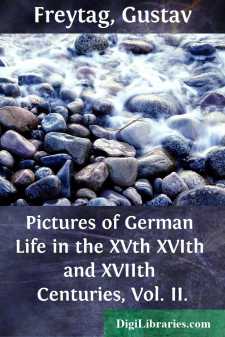Categories
- Antiques & Collectibles 13
- Architecture 36
- Art 48
- Bibles 22
- Biography & Autobiography 816
- Body, Mind & Spirit 145
- Business & Economics 28
- Children's Books 18
- Children's Fiction 14
- Computers 4
- Cooking 94
- Crafts & Hobbies 4
- Drama 346
- Education 58
- Family & Relationships 59
- Fiction 11831
- Foreign Language Study 3
- Games 19
- Gardening 17
- Health & Fitness 34
- History 1378
- House & Home 1
- Humor 147
- Juvenile Fiction 1873
- Juvenile Nonfiction 202
- Language Arts & Disciplines 89
- Law 16
- Literary Collections 686
- Literary Criticism 179
- Mathematics 13
- Medical 41
- Music 40
- Nature 179
- Non-Classifiable 1768
- Performing Arts 7
- Periodicals 1453
- Philosophy 66
- Photography 2
- Poetry 897
- Political Science 203
- Psychology 45
- Reference 154
- Religion 516
- Science 126
- Self-Help 86
- Social Science 82
- Sports & Recreation 34
- Study Aids 3
- Technology & Engineering 59
- Transportation 23
- Travel 463
- True Crime 29
Our website is made possible by displaying online advertisements to our visitors.
Please consider supporting us by disabling your ad blocker.
Debit and Credit Translated from the German of Gustav Freytag
by: Gustav Freytag
Description:
Excerpt
LETTER FROM CHEVALIER BUNSEN.
Charlottenberg, near Heidelberg, 10th October, 1857.
Dear Sir,—It is now about five months since you expressed to me a wish that I might be induced to imbody, in a few pages, my views on the peculiar interest I attached—as you had been informed by a common friend—to the most popular German novel of the age, Gustav Freytag's Soll und Haben. I confess I was at first startled by your proposal. It is true that, although I have not the honor of knowing the author personally, his book inspired me with uncommon interest when I read it soon after its appearance in 1855, and I did not hesitate to recommend translation into English, as I had, in London, recommended that of the Life of Perthes, since so successfully translated and edited under your auspices. I also admit that I thought, and continue to think, the English public at large would the better appreciate, not only the merits, but also the importance of the work, if they were informed of the bearing that it has upon the reality of things on the Continent; for, although Soll und Haben is a work altogether of fiction, and not what is called a book of tendency, political or social, it exhibits, nevertheless, more strikingly than any other I know, some highly important social facts, which are more generally felt than understood. It reveals a state of the relations of the higher and of the middle classes of society, in the eastern provinces of Prussia and the adjacent German and Slavonic countries, which are evidently connected with a general social movement proceeding from irresistible realities, and, in the main, independent of local circumstances and of political events. A few explanatory words might certainly assist the English reader in appreciating the truth and impartiality of the picture of reality exhibited in this novel, and thus considerably enhance the enjoyment of its poetical beauties, which speak for themselves.
At the same time, I thought that many other persons might explain this much better than I, who am besides, and have been ever since I left England, exclusively engaged in studies and compositions of a different character. As, however, you thought the English public would like to read what I might have to say on the subject, and that some observations on the book in general, and on the circumstances alluded to in particular, would prove a good means of introducing the author and his work to your countrymen, I gladly engaged to employ a time of recreation in one of our German baths in writing a few pages on the subject, to be ready by the 1st of August. I was the more encouraged to do so when, early in July, you communicated to me the proof-sheets of the first volume of a translation, which I found not only to be faithful in an eminent degree, but also to rival successfully the spirited tone and classical style for which the German original is justly and universally admired.
I began, accordingly, on the 15th July, to write the Introductory Remarks desired by you, when circumstances occurred over which I had no control, and neither leisure nor strength could be found for a literary composition....







